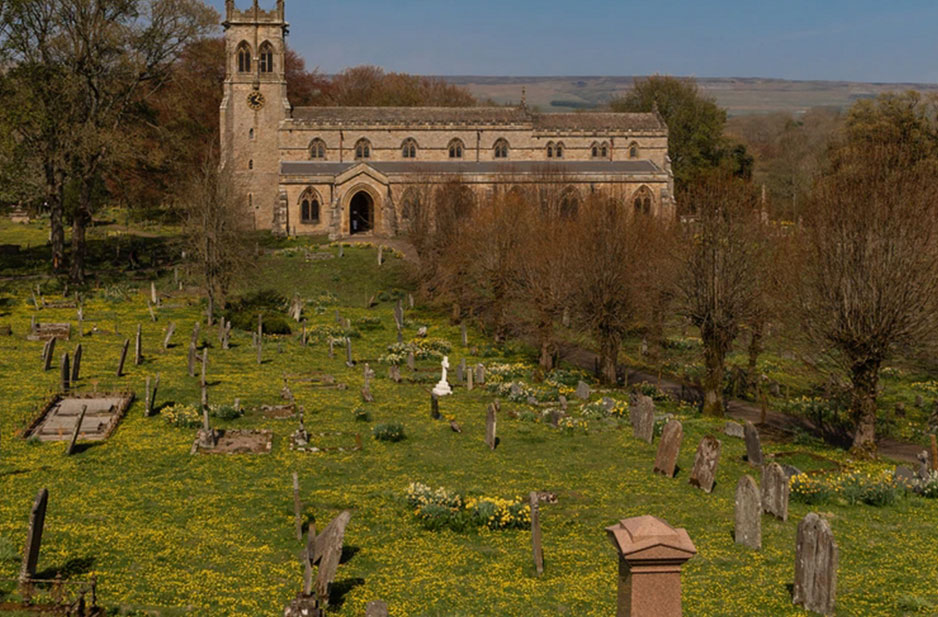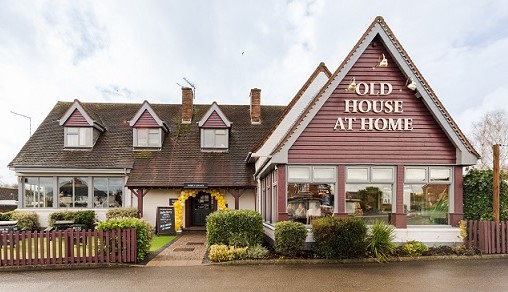The Church of England has said that a ruling by one of its diocesan courts that an Irish epitaph must have an English translation “does not reflect” its national policy.
Caroline Newey’s mother is buried in grounds owed by St Giles’ Church, Exhall, near Coventry.
She wanted the headstone inscription to read; (“In our hearts forever”).
But a judge ruled that it may be seen “as a political statement”.
Margret Keane died suddenly two years ago, survived by her husband Bernie.
Both had been born in the Republic of Ireland, but made their lives in the UK.
The family said that it had been battling for two years to have the gravestone of their choice at the Meadows in Ash Green, in Coventry.
In his judgment for the consistory court of the Dioceses of Coventry, Judge Stephen Eyre QC, found that there was “a sad risk that the phase would be regarded as some form of slogan” and would be “unintelligible to all but a small minority of readers”.
In this instance, the church said that would be the Arches Court of Canterbury.
The statement said that the Irish language has played a central role in the advancement of Christianity in England.
It said: “The Irish language is an important part of the heritage of the Church of England.
“It was, after all, Irish speaking monks in Lindisfarne and beyond who played a central role in establishing the Church in what is now England”.
Mrs Keane’s family said that both she and her husband were proud of their Irish heritage and had been active in the Gaelic Athletic Association (GAA) – Ireland’s largest sporting organisation.
Alongside the Irish inscription on the gravestone, they also wanted to include a Celtic Cross and the GAA emblem.
Initially, the parochial church council of St Giles supported the proposed memorial by a vote of six to five with seven abstentions, but noted that there were no comparable stones in the graveyard.
The Diocesan Advisory Committee did not recommend approval.
Caroline Newey accepted a compromise that the Celtic Cross could be inscribed on the stone, rather than being carved out of it.
However, there was no agreement on the Irish inscription.
















